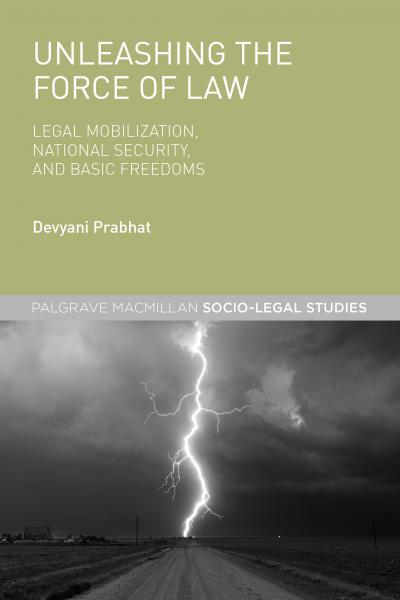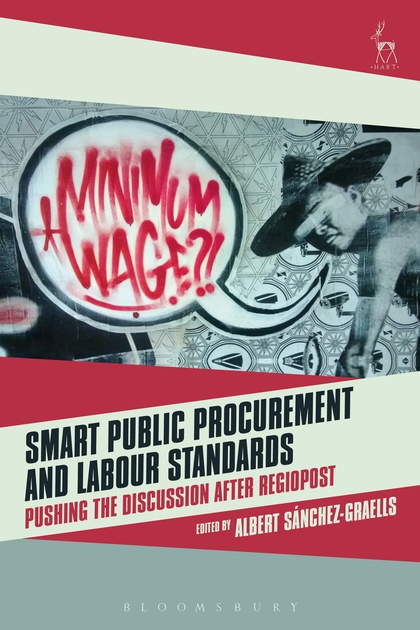By Dr Tomaso Ferrando, Lecturer in Law (University of Bristol Law School).
 Since Hardin’s publication of the Tragedy of the Commons in 1968, the perception of ‘the commons’ has been closely intertwined with food and agricultural production. As a matter of fact, Hardin was worried that common land which was openly and unrestrictedly accessible to livestock would have been quickly impoverished and eventually lost its economic potential. According to Hardin, livestock production should take place on the basis of a well-defined and individualist proprietary regime which allocates the land to all users, so that the cost of idiosyncrasy and over-exploitation is borne by those who act irresponsibly and negative externalities do not affect the amount of resource that is available to the other members of society.
Since Hardin’s publication of the Tragedy of the Commons in 1968, the perception of ‘the commons’ has been closely intertwined with food and agricultural production. As a matter of fact, Hardin was worried that common land which was openly and unrestrictedly accessible to livestock would have been quickly impoverished and eventually lost its economic potential. According to Hardin, livestock production should take place on the basis of a well-defined and individualist proprietary regime which allocates the land to all users, so that the cost of idiosyncrasy and over-exploitation is borne by those who act irresponsibly and negative externalities do not affect the amount of resource that is available to the other members of society.
Through the years, the flaws and ineffectiveness of Hardin’s theory have been uncovered. For example, David Harvey has suggested that Hardin only considers the implication of commons-owned land (the natural resource), while the crucial element is represented by the commons-ownership of the means of production. Similarly, the research conducted by Elinor Olstrom through the lenses of economics and governance led to the identification of several examples in the natural world where commons-pooled resources are maintained, reproduced and shared by members of society through the introduction of rigorous forms of governance and collective discipline. Moreover, the idea that private titling and private exploitation of resources reduce the risk of over-consumption and unsustainability has been proven wrong in numerous cases of socio-environmental disasters and by the depletion of soil produced by corporate farming. (more…)









